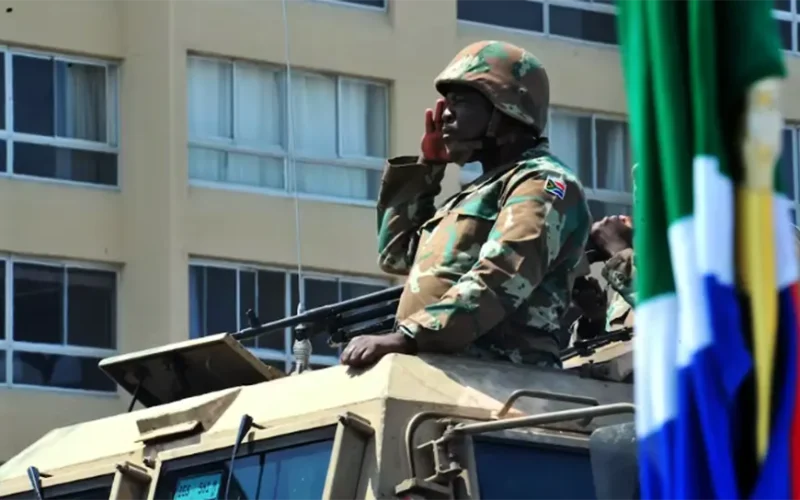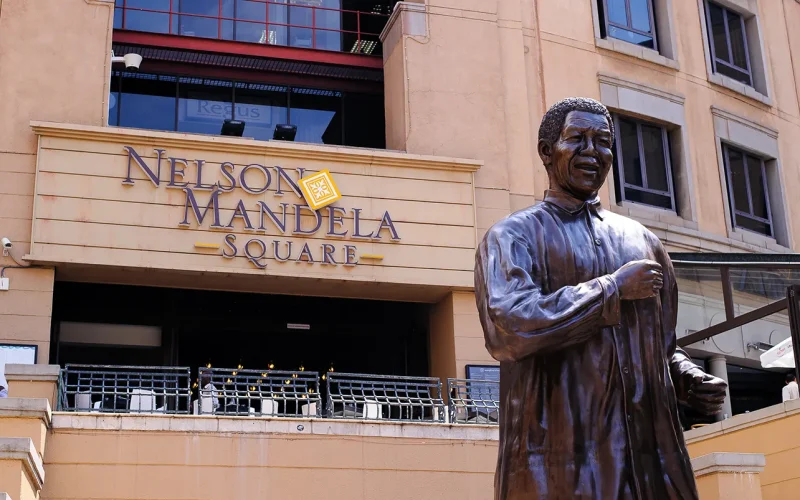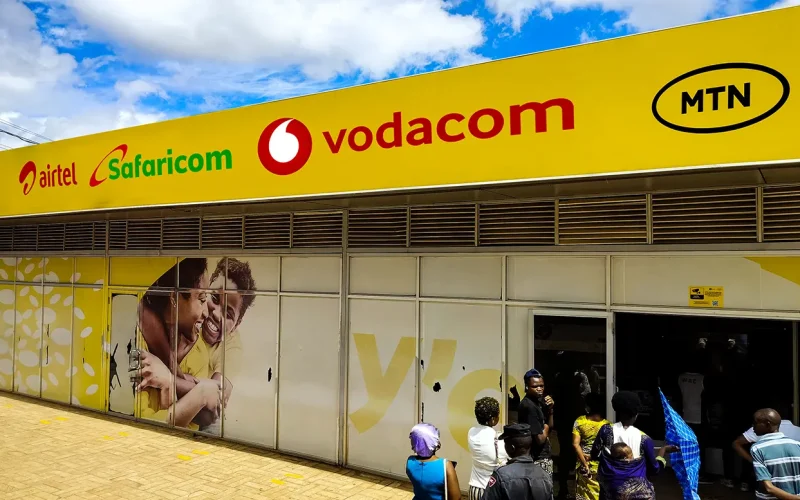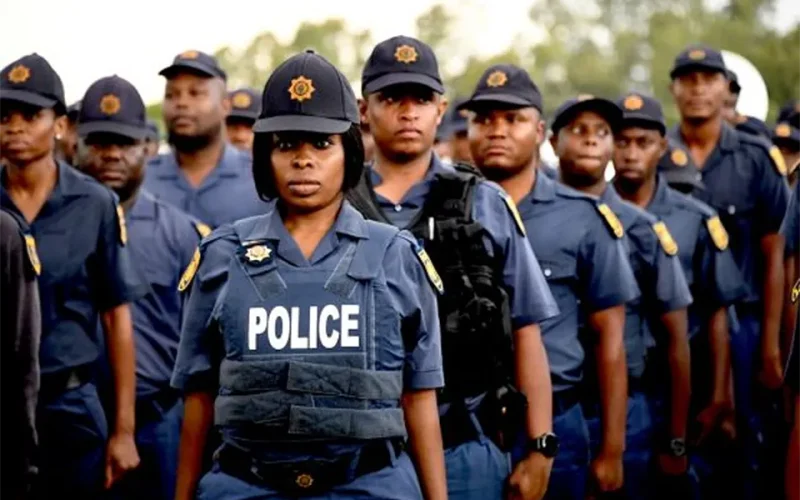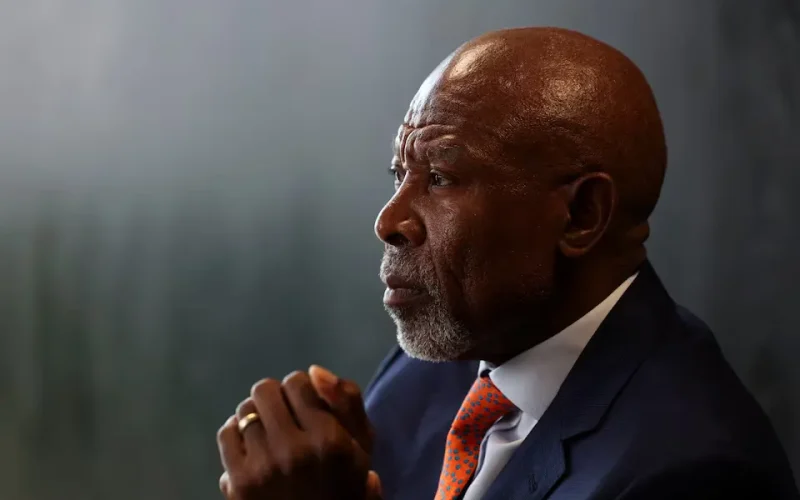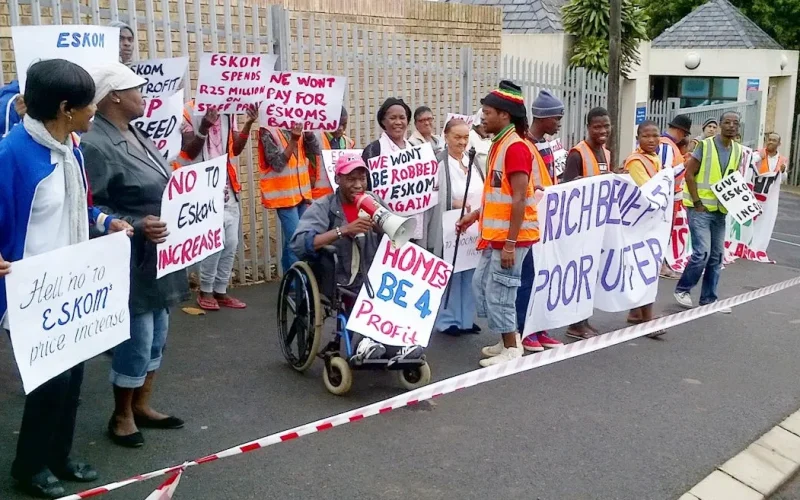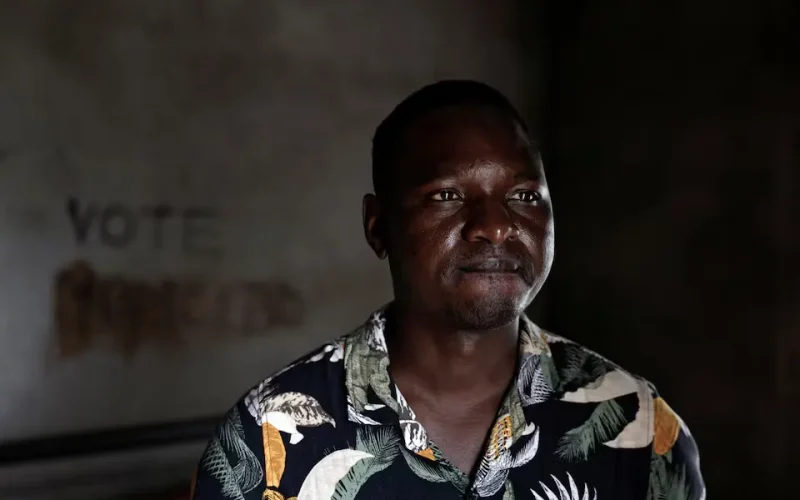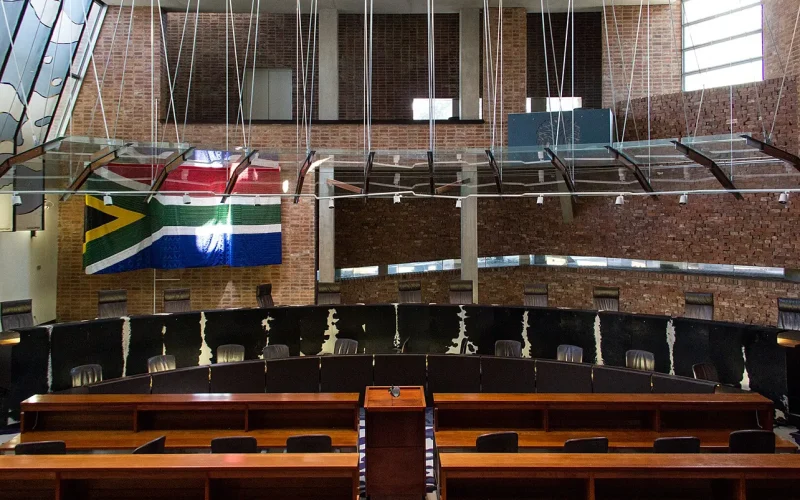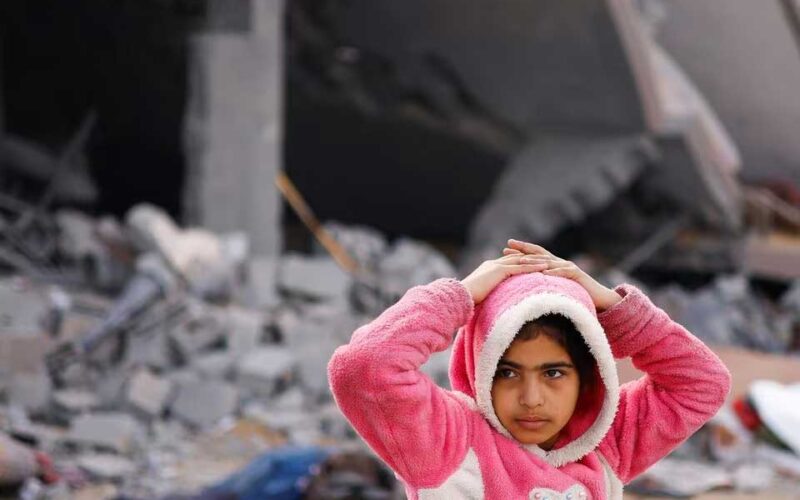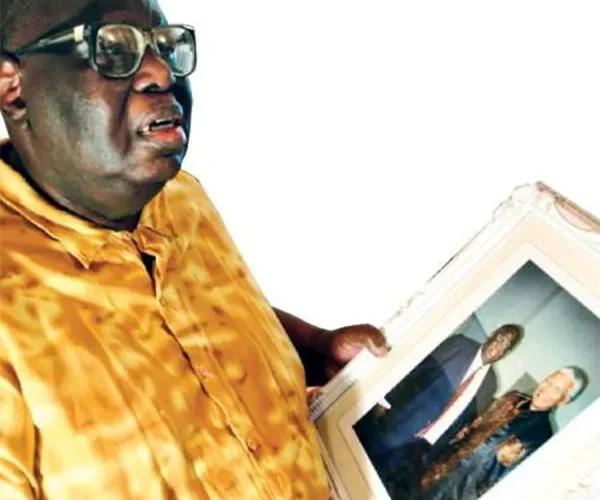
South Africa’s first election was saved by a Kenyan: the fascinating story of Washington Okumu, the accidental mediator
WHAT'S sometimes forgotten about the 26-29 April 1994 vote that installed the African National Congress (ANC) government in South Africa is that, until the last minute, it looked like violence would consume the voting process. An 11th-hour agreement on 19 April brought the Zulu-majority Inkatha Freedom Party (IFP) into the contest. Inkatha had been boycotting the process and challenging the ANC in violent street protests. The peaceful election brought enormous relief to the country and the world. A Kenyan, Washington Okumu, alternately described as a professor or a diplomat, was credited with the negotiation. But few observers knew who he…

